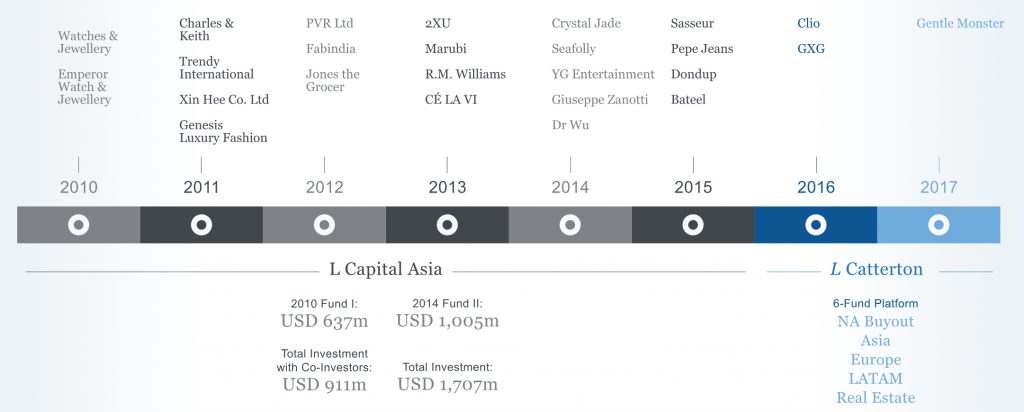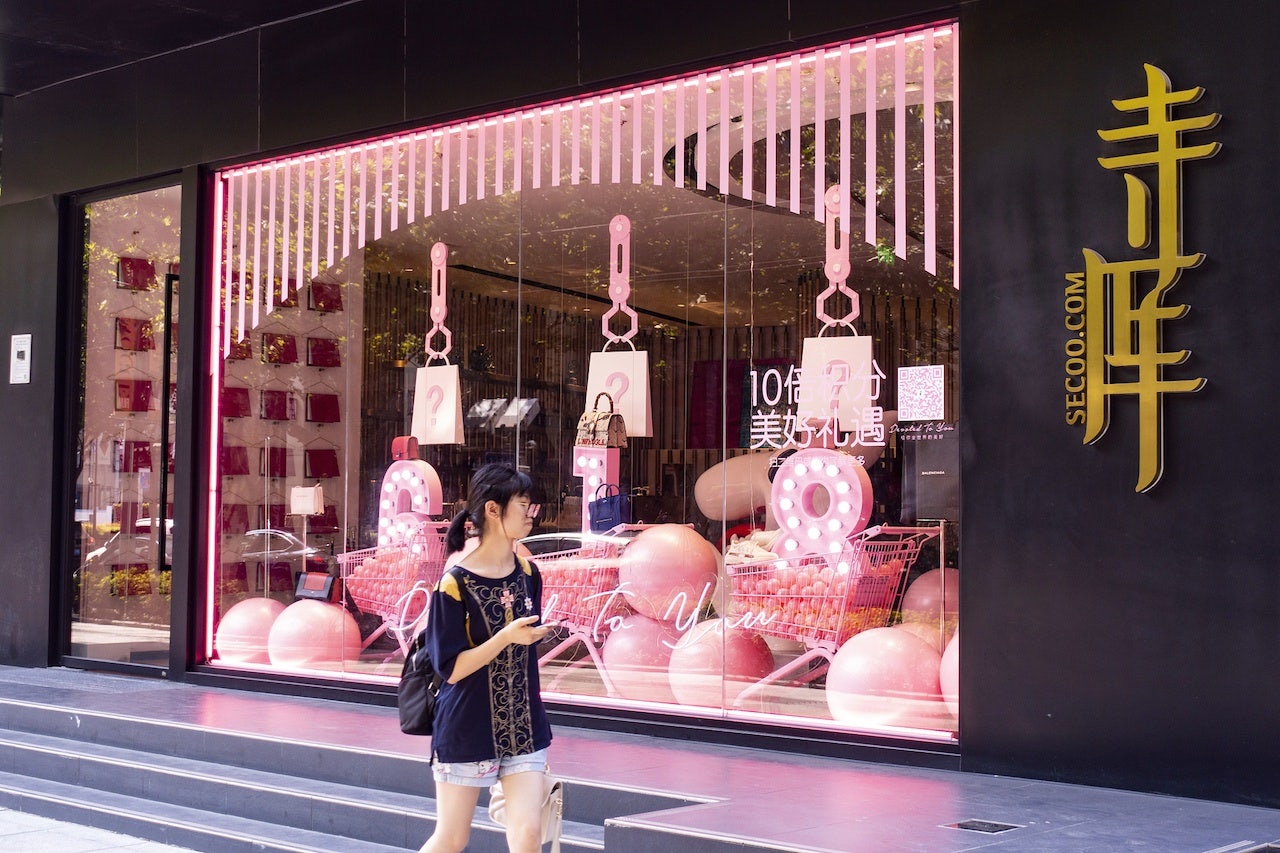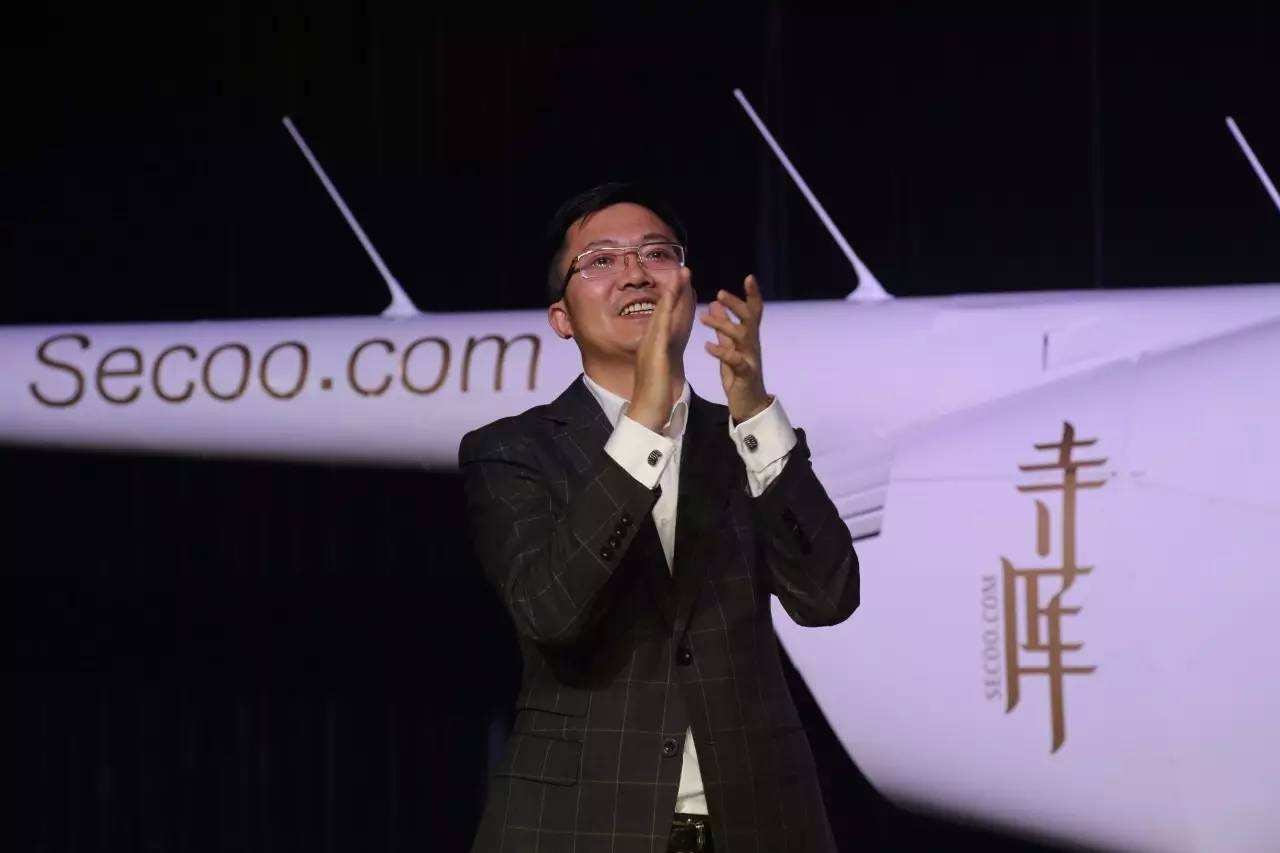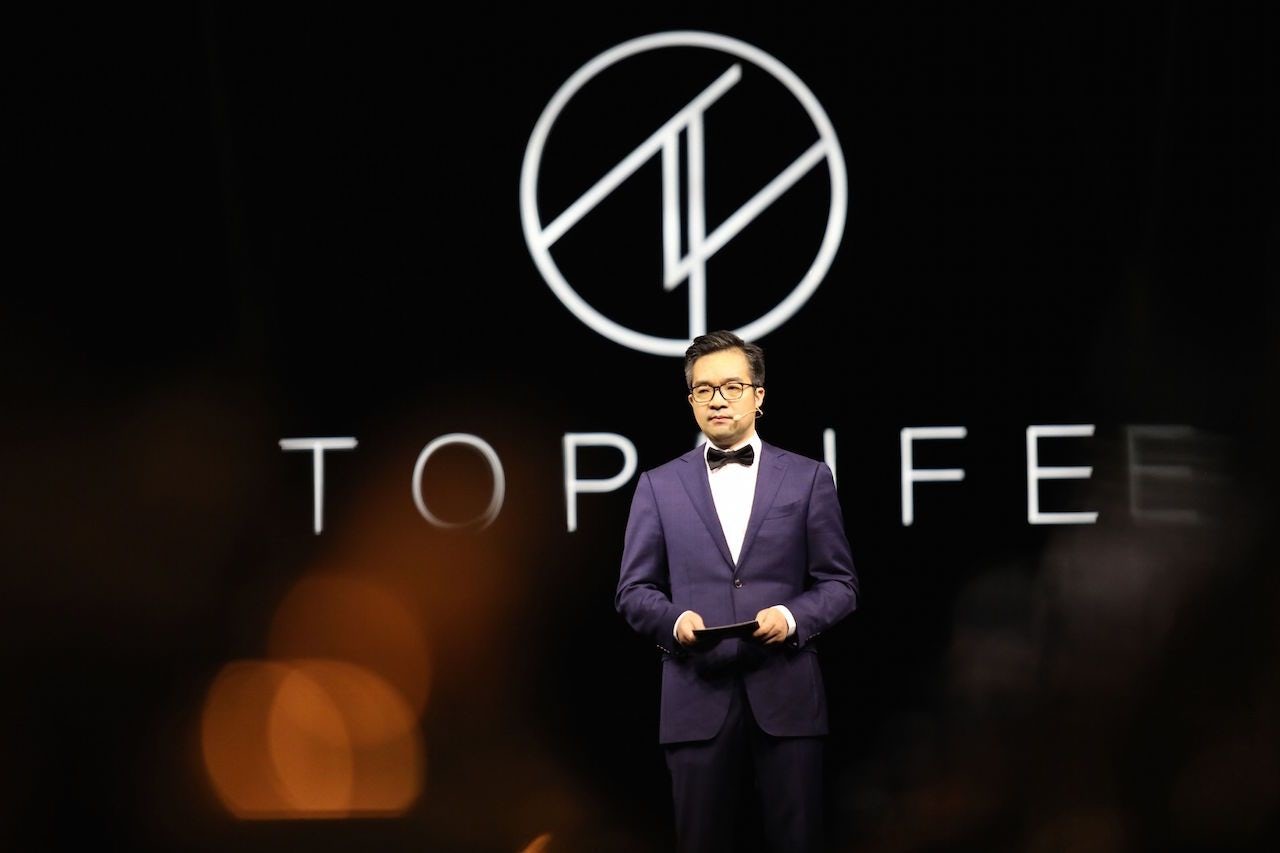The announcement of a powerhouse partnership between LVMH’s private equity arm L. Catterton, JD.com and Secoo threatens to remake the e-commerce world. The 175 million dollar investment will not only plow money into Secoo, but also strengthen the company's bond with luxury goods conglomerate LVMH - posing a threat to e-commerce competitors.
Within LVMH's portfolio of 70 of the world's most prestigious luxury brands, many of the merchants are already listed on Secoo's site. This includes fashion brands Celine, Dior, Fendi, Givenchy, Kenzo and Loewe, watchmakers Hublot, Zenith and Tag Heuer, spirit brand Hennessy, and cosmetics brands Guerlain and Fresh.
Secoo’s spokesperson told Jing Daily that the partnership with LVMH will allow Secoo to leverage the conglomerate’s strength in fashion and retail to further expand in the luxury market.
“Simply put, L Catterton portfolio companies will have a closer relationship with Secoo, Secoo will gain authorization from LVMH’s brands. LVMH will utilize its rich experiences in the luxury industry, human resources and brands to help Secoo better develop. ”

Although Secoo is a lesser-known name compared to e-commerce giants Alibaba and JD.com, since its establishment in 2008, it has quickly grabbed a dominant slice of the market thanks to its claim to offer authentic luxury goods. It now boasts 18 million members and more than 3,000 brands. In addition, Secoo’s fast-paced attempt to bridge the online-to-offline retail gap is another area attracting the attention of premium brands.
How will the deal shape the relationship between JD’s Toplife and#
Secoo
?#
Secoo’s new investor JD.com, launched its own high-end platform Toplife in October 2017, bringing into question how this new deal will shape the competition between the two.
In response, the spokesperson from JD.com said: “Secco is specifically for discounted luxury products, so it’s a very different segment of the market.”
However, Secoo has not openly positioned itself as selling only discounted goods, but as a luxury platform that offers more than just high-end fashion products. During April this year, Secoo rebranded itself to enter the lifestyle business, providing food, drink, and customized travel solutions as part of its strategy to connect with the upgraded consumption needs of Secoo’s existing high-end consumer segment.
Secoo agrees that they are not competitors and this deal makes it a win-win situation for both: “JD can benefit from our rich operational experience in the luxury industry, while Secoo can make full use of JD’s warehousing logistics, large membership base, and traffic.”
“From JD's perspective, having an investment stake in Secoo is going to be a good thing regardless of the fact that they already have the Toplife platform, ” commented Benjamin Cavender, Principal of China Market Research Group.
“At this stage, JD is still trying to strengthen its capabilities in the fashion and beauty categories, as well as continue establishing that JD and its partners can be seen to be offering more premium products and services than rival Alibaba.”
For JD, the fashion sector is not the strongest aspect of its business—they’re better known for gadgets—but they’ve clearly taken an interest in it. In the past year, JD has been expanding its fashion reach by forming new ties with British luxury shopping site Farfetch and discounted luxury e-commerce Vipshop, whose sales are primarily from female consumers, a demographic that JD.com has shown interest in reaching. The joint partnership between JD, Secoo, and L Catterton could offer JD an opportunity to broaden its product offering and consumer demographic, working with brands that Alibaba may not be able to access. Alibaba declined to comment on this issue.
How will it shake the future luxury e-commerce market?#
“It seems that the market is preparing for a consolidated multi-brand digital luxury retail scenario,” said Luca Solca, sector head of luxury goods from French investment bank Exane BNP Paribas.
“One can think of a few high profile deals, such as Richemont recently taking over Yoox Net-A-Porter Group; JD securing a strategic investment in Farfetch, and now L Catterton investing in Secoo. I presume the expectation behind this is that digital distribution will be less fragmented than physical distribution – which can create a competitive advantage for those players in a position to control the few winning platforms.”
“It is early days to anticipate how all this will play out in the end, but it is a fascinating strategic development.”


